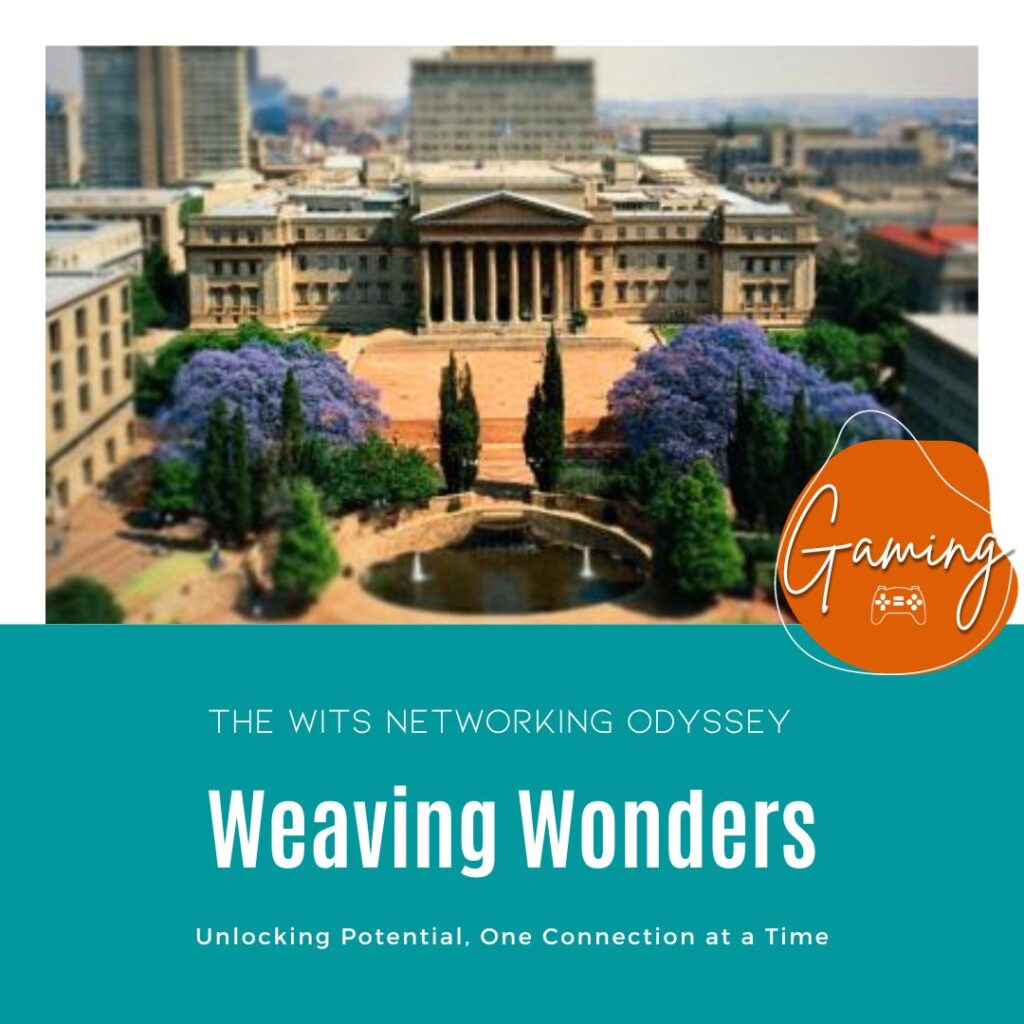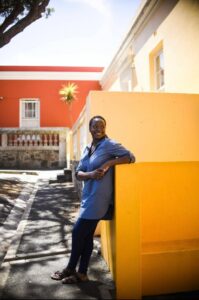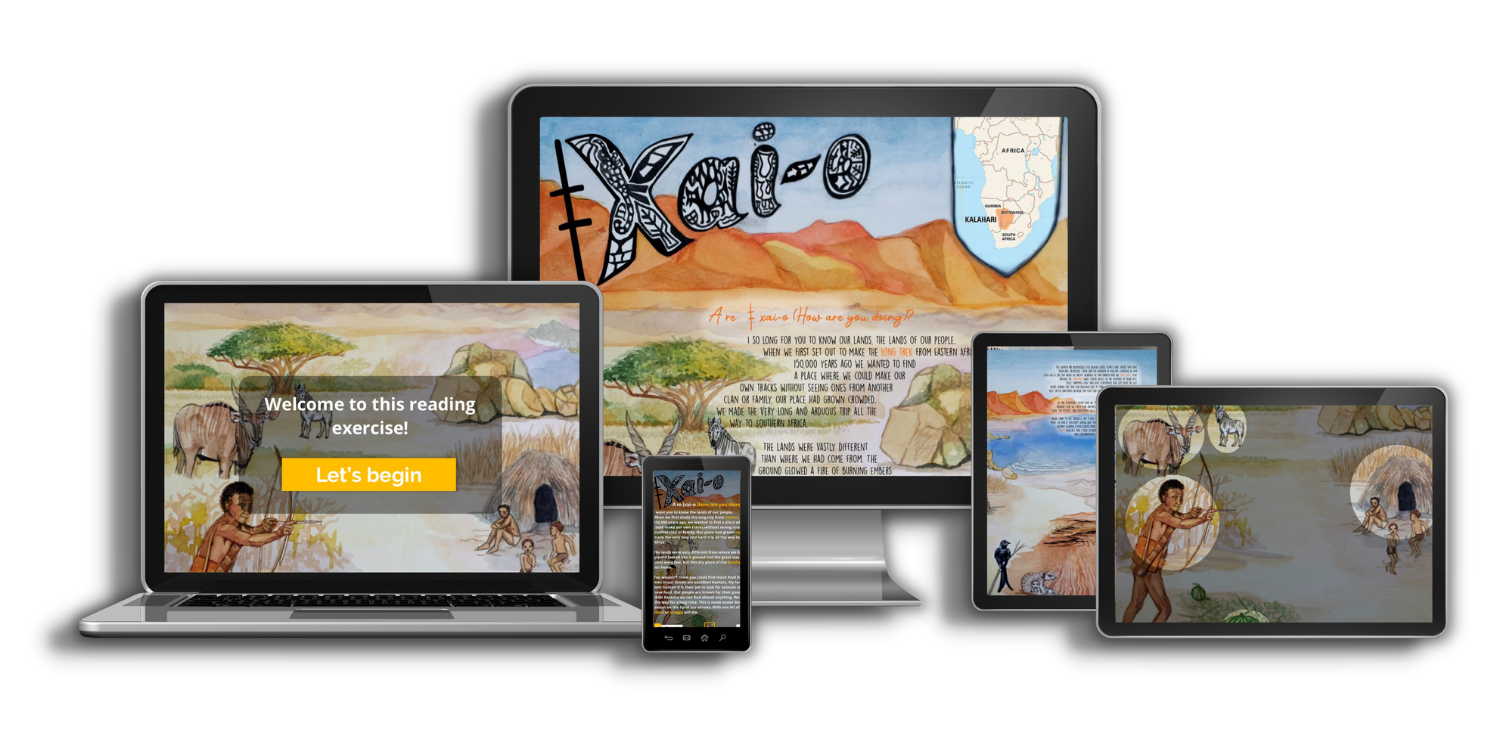One of our most powerful resources for learning and development is the people we know. These relationships, forged through communication, cooperation, and the exchange of knowledge and insights, have the potential to become priceless assets on our path to personal and professional growth. This is especially true at Wits University, where the power of networking is used to unite disparate perspectives, encourage creative thinking, and revolutionize teaching and learning.
First, let’s establish the background. Wits University provides the groundwork for a powerful and influential network with its illustrious academic programs and exciting campus life. The school’s varied student body and distinguished professors foster an environment where students and teachers can form bonds that foster not just academic but also personal development.
When we meet Nelisiwe, a Wits University alum, our adventure takes an unexpected turn. She has made it her life’s effort to make sure that children everywhere have access to digital resources, basic literacy training, and language learning opportunities. Her journey began when, on a visit to Wits, she discovered HuMEL (Humanities Education in a Multilingual Environment). This unexpected discovery becomes the trigger for a series of astonishing connections that will influence the direction of our narrative.
Nelisiwe’s curiosity about how language and technology interact in the classroom sparked her entry into the networking sector. She had an insatiable appetite for knowledge and sought advice because she needed to know more. She met Dawn, the assistant at HuMEL, on her quest for information. Dawn, appreciating the significance of her inquiry, referred her to me, a knowledgeable expert in the field. Our trip has reached a pivotal point.
Even though she may lack technical knowledge, Nelisiwe is nonetheless a formidable opponent. She doesn’t try to hide the fact that she had trouble with a GIS class at the beginning of her graduate studies. Her extraordinary networking skills, however, are what truly set her apart. She’s the “Networking Queen,” noted for her ability to connect with professionals, instructors, and fellow learners. Her life exemplifies the importance of knowing the right people and the fact that you don’t have to be an expert in every discipline to make a difference.
An important meeting with Dr. Thabang Manyike, a leader in the field of education, marked the beginning of our adventure. Dr. Manyike stressed the importance of decolonization in rethinking the role of schooling for people of African descent. Addressing historical wrongs and building a more welcoming future were both made possible by his insights into self-definition and a novel approach to education.
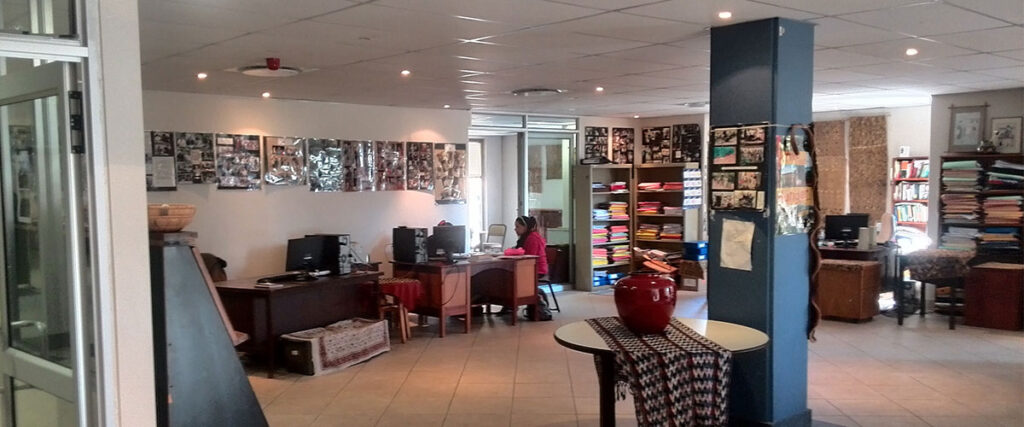
We had stimulating discussions with Lerato Saohatse and the ever-active Goitseone at the Writing Center. This unique writing center is where new ideas in the field come to life. It showed how writing is changing and how language may be used to create new forms of expression.
The next stop on our trip was the Jack Ginsberg Centre for Book Art, a refuge for artistic expression and innovation. In addition to holding a lecture once a month, this facility also educates the public on the many facets of the book production process. The time and care that go into making a book are a window into the minds of its creators and the art of bookmaking.

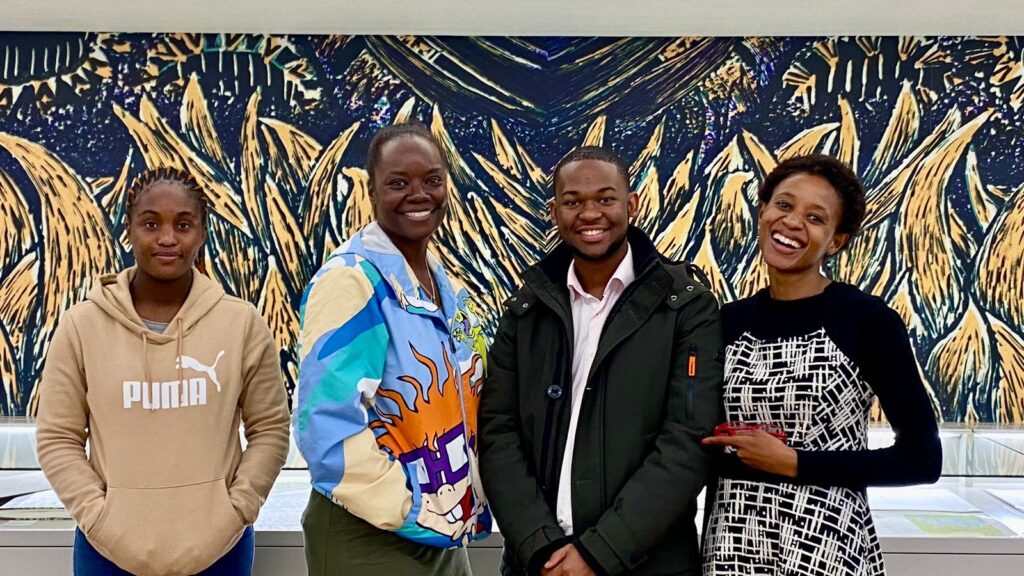
At the Tshiomologong Hub, we finally met Mamello from Vetkoek Studios and Tshepiso from Makerspace, two of the people we had been looking forward to meeting all day. These forward-thinking individuals are using their talents to undertake endeavors that explore the limits of what is now feasible in our technologically advanced society.
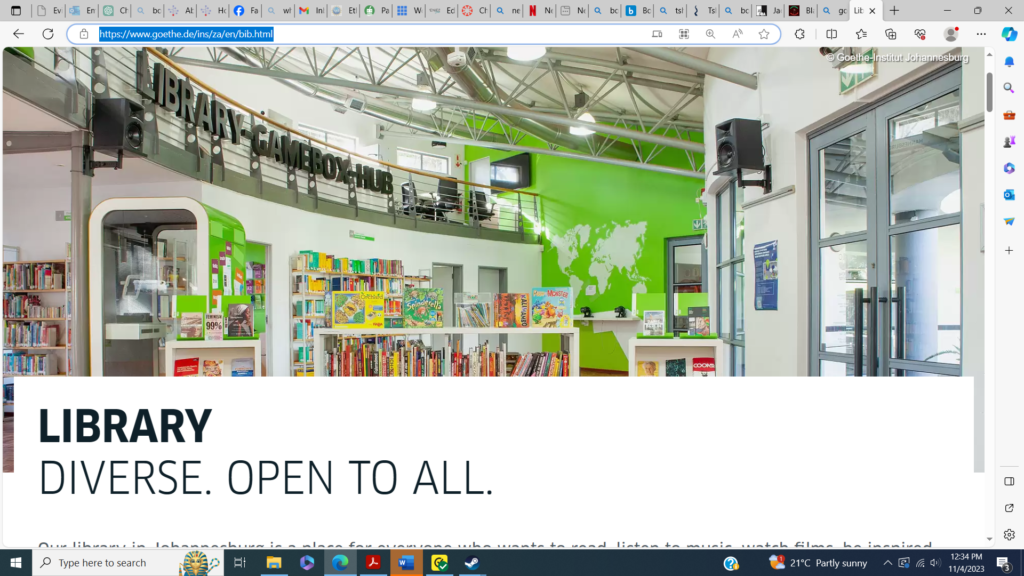
But we continued on our way. Neli was crucial in connecting us with resources that allowed us to answer our own questions when we learned how she had solved her own. After making our way to the Goethe Institut, we met Vulane, whose knowledge and insight into the South African gaming sector greatly expanded our own. This knowledge not only led us to learn about BookDash but also about SADiLaR.
Now, let’s investigate the collaborative force of networking. Nelisiwe’s extensive network of contacts at Wits, and her ability to introduce us to influential people like Vulane, have had a profound impact on our educational visit. The benefits of these relationships go well beyond the classroom and include learning, problem-solving, and the sharing of ideas. By tapping into this larger community, we were able to get our issues answered and develop strategic alliances to move our cause forward in the areas of educational technology, literacy, and multilingualism.
Wits University, with its diverse student body, is a fantastic place to make connections. The relationships formed here can be pivotal in determining the futures of individuals and the communities in which they live and work. Nelisiwe, a Wits alumna and fervent supporter of educational reform, is a living example of the positive change that can occur when individuals take advantage of networking opportunities at the university.
Our experience is a testimonial to the value of networking in propelling individual development, new forms of knowledge production, and the radical rethinking of education as a means to a better future, as well as a fascinating tapestry of connections, curiosity, and transformation. It’s about how people like Nelisiwe influence, motivate, and unite us to make a difference in the world. This adventure exemplifies the collaborative ability of networking to find solutions and propel good change, as well as Wits’ diverse and transformative educational landscape.

